How to Know if You Have Gum Disease

Many adults in the U.S. suffer from some form of gum disease, which typically begins as gingivitis, an inflammation of the gums that can progress to periodontitis, a condition that in its advanced stages can result in serious damage to the soft tissue and bone supporting the teeth.
Gum disease strikes when bacteria-ridden plaque builds up in the mouth and hardens into tartar, which attacks tooth enamel and tissue below the gum line. The first indication of gum disease is often the appearance of blood from your gums when you brush your teeth. You may also experience bleeding gums when you eat, literally leaving a bad taste in the mouth.
Gingivitis can usually be treated with antibiotics and a thorough cleaning by a dentist or dental hygienist. If the condition develops into full-blown periodontitis, more invasive treatment will be necessary, including scaling and root planing or surgery and grafts.
Early detection of gum disease is vital for the most effective treatment. However, in many cases, you may not realize there is a problem with your gums, mainly because the inflammation is painless initially. Therefore, it’s essential to be able to recognize the signs of gum infection so you can see a dentist or periodontal specialist before the issue becomes more serious.
Common Signs of Gum Disease
According to the National Institute of Dental and Craniofacial Research (NIDCR), gum disease chiefly affects people when they reach their 30s or 40s, and it’s more prevalent among men. Teenagers may get gingivitis but rarely develop periodontitis.
Indications that you may have gum disease include:
Bleeding gums. The bacteria that cause gum inflammation can make your gums bleed or become tender. For many people with gingivitis, this infection is pain-free. Bleeding gums should never be ignored. Noticing spots of blood when you brush your teeth may not seem a big deal, but the problem is in many cases an early warning sign of gum disease.
Swollen gums. Healthy gums are firm and pink but swollen gums tend to be puffy and red. This is frequently one of the early signs of gum disease.
Constant bad breath. Persistent bad breath (halitosis) may be a result of a build-up of plaque, which forms toxins in the form of unpleasant-smelling gas.
Receding gums. Gum recession may be a symptom of periodontitis. The tissue around the teeth wears away, exposing more of the tooth or even the tooth's root.
Over-sensitive teeth. Tooth sensitivity can be an indication of gum recession caused by periodontitis. The underlying layer of the tooth (dentin) loses the protection afforded by the outer surface (enamel).
Loose teeth or tooth loss. Teeth may become loose because of infection underneath the gum line. As the problem worsens, the gum pockets become deeper as bacteria cause the body’s immune system to attack the gum tissue and bone around the teeth. Periodontitis is one of the main causes of tooth loss.
Other indications of gum disease are pus between the gums and teeth, oral sores, a change in the way your teeth fit together when you bite, and a change in the fit of partial dentures.
What Your Dentist Will Look For
Even if you don't notice any symptoms, you may still have gum disease. According to WebMD, gum disease may affect only certain teeth. The online health information platform also says that only a periodontist or dentist can recognize the development and progression of gum infections.
If you think you might have gum disease, schedule a dental appointment as soon as possible, so our dentists at Gentle Dental Arts can check for things like:
- Gum bleeding.
- Firmness of your gums.
- The depth of your gum pockets (space between gum and tooth).
- Movement. sensitivity and alignment of the teeth.
- Condition of the jawbone, to detect any breakdown of bone surrounding the teeth.
Gum Disease Risk Factors
Some people are at greater risk of developing gum disease. If you fall into any of the categories below, you need to be especially vigilant about watching for signs of gum infections.
You smoke. Smoking significantly increases the risk of gum disease. It can also reduce the possibility of successful treatment.
Your diet is poor. When your diet lacks sufficient nutrients, your immune system may become compromised, impairing your natural defenses against infections such as gum disease. Obesity may also increase the risk of gum infections.
Gum disease runs in your family. Some people are genetically more susceptible to periodontitis than others.
You suffer from stress. Stress can make it harder for your body to fight off gum disease. It can also result in teeth grinding, which can aggravate gum disease.
You are pregnant. Pregnancy and menopause can make gums more prone to gingivitis.
You are diabetic. If you suffer from diabetes, you’re more vulnerable to infections, including gum inflammation.
You have another medical condition. Apart from diabetes, conditions such as cancer and AIDS (Acquired Immune Deficiency Syndrome) and their treatments can adversely impact the health of gums.
You are among the older population. The likelihood of gum disease increases as we get older. Research by the Centers for Disease Control and Prevention (CDC) suggests that more than 70 per cent of Americans aged 65 and older suffer from periodontitis.
Why Dental Check-Ups Are Essential
Gum disease is a common health issue experienced by more than half of the U.S. population aged 30 or over. It can be easy to overlook or ignore the problem because it’s frequently painless during the early stages. Failing to recognize you may have a health issue with your gums can result in serious consequences, and it’s a leading cause of tooth loss among adults.
The American Dental Association (ADA) says gum disease may exhibit no obvious signs, so regular dental check-ups are essential for early diagnosis to enable effective treatment, even if you stick to a good routine of oral hygiene at home. The American Academy of Periodontology (AAP) advises an annual comprehensive periodontal evaluation (CPE) for all adults.
At Gentle Dental Arts in Orem, Utah, we take gum disease very seriously. From deep cleanings to periodontal surgery, our gentle dentists and expert dental team are committed to caring for your smile. We’ll help you do what is necessary to retain your beautiful smile and have healthy gums. Contact us today for more information!





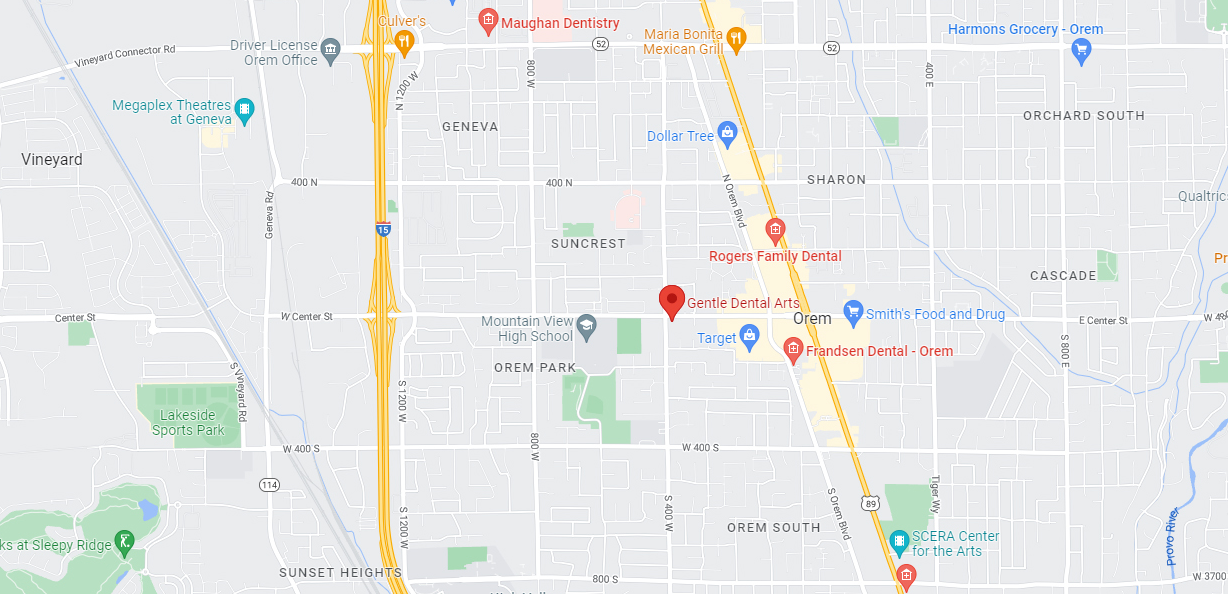
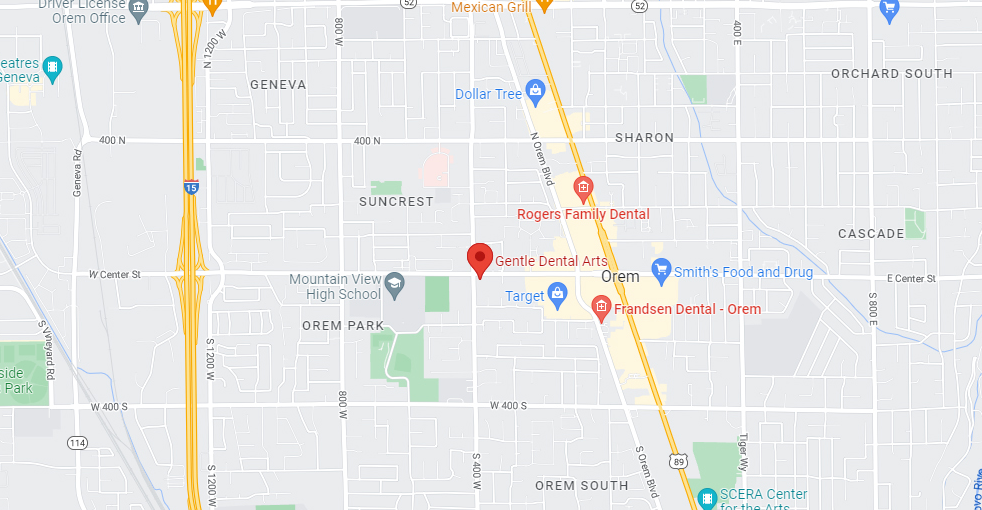
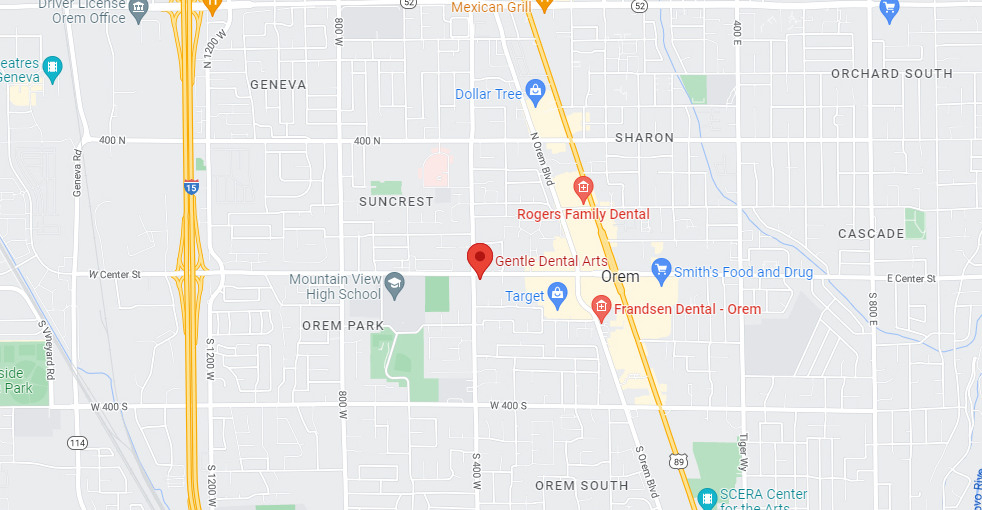


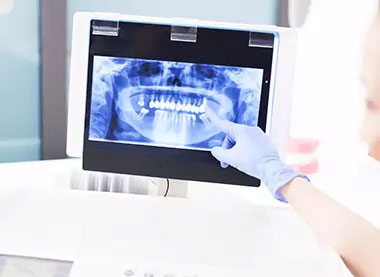


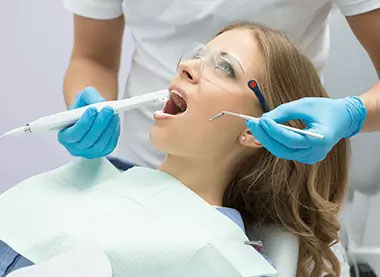
Please login to publish a comment.
Comments (0)